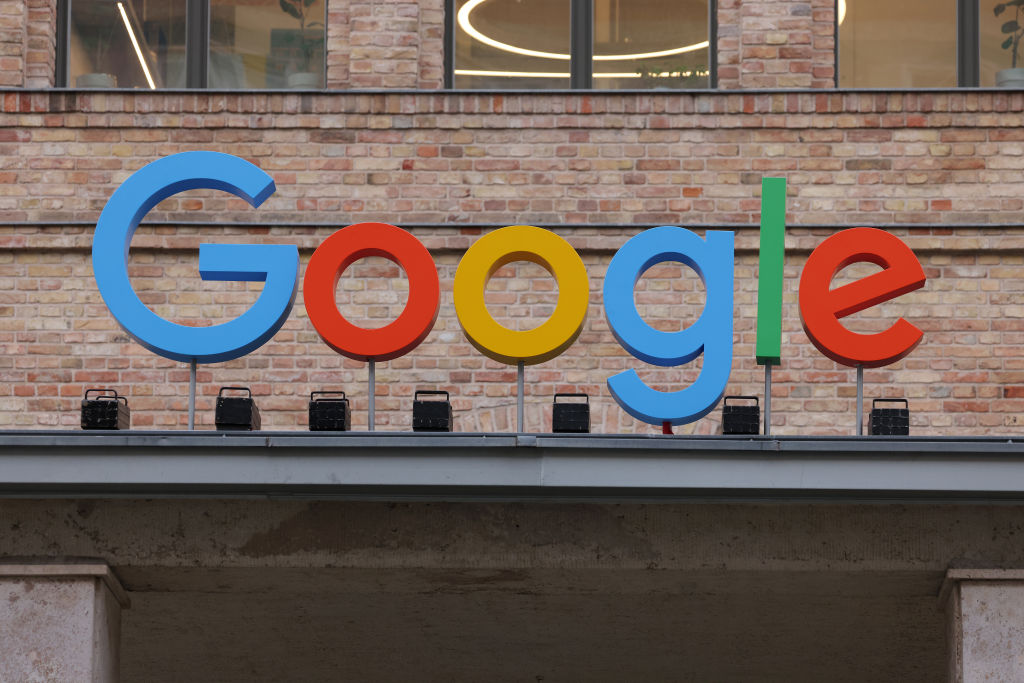Google Launches AR Beauty Try-Ons and Ads: A Game-Changer for Beauty Industry
Google has recently made a significant move in the beauty industry by launching virtual product try-ons and augmented reality (AR) marketing for beauty companies and customers. This new feature allows users to virtually test hair colors and makeup foundations on their own photos or model images through the Google app and mobile site.
The expansion of AR beauty categories for lips and eyes is just the beginning, with more functionality expected to be added in the coming weeks. Over 50 beauty product brands, including Mac, Urban Decay, Covergirl, Revlon, Splat, and L’Oréal, are already offering augmented reality try-ons for a variety of cosmetic products.
Google AR Beauty will now include L’Oréal hair dye tones, with Revlon and Splat dyes soon to follow. This move by Google is set to revolutionize the way beauty products are marketed and tested, with AR ads for lip and eye products already available and foundation ads on the way.
The introduction of AR beauty ads is expected to significantly increase user engagement and conversion rates, as AR ads have been shown to have a 94% higher conversion rate compared to traditional display ads. With global AR ad revenue projected to reach $6.68 billion by 2025, it’s clear that augmented reality is becoming a powerful tool for marketers.
Other tech giants, such as Meta, are also jumping on the AR advertising bandwagon, with plans to introduce augmented reality ads to Facebook Stories and Instagram Reels. Snapchat and Niantic have also been exploring augmented reality advertising experiences, further solidifying the trend towards AR in the advertising industry.
Google’s foray into AR beauty features is part of a larger industry trend towards increasing consumer accessibility to AR technology. With the popularity of AR beauty products on the rise, it’s clear that augmented reality is here to stay in the beauty industry.
Overall, Google’s latest move in the AR beauty space is set to revolutionize the way beauty products are marketed and tested, with augmented reality ads expected to drive higher engagement and conversion rates for beauty brands.
